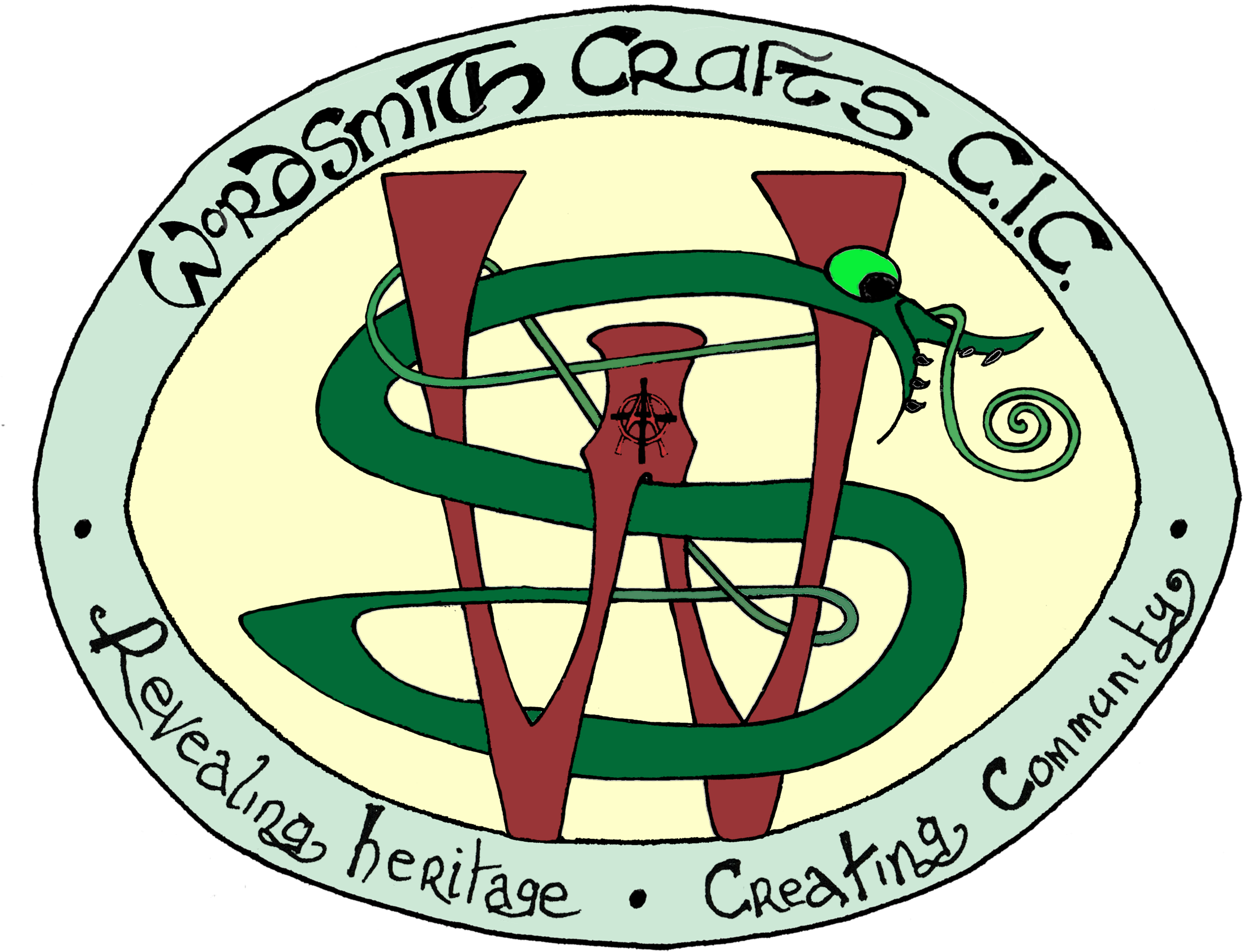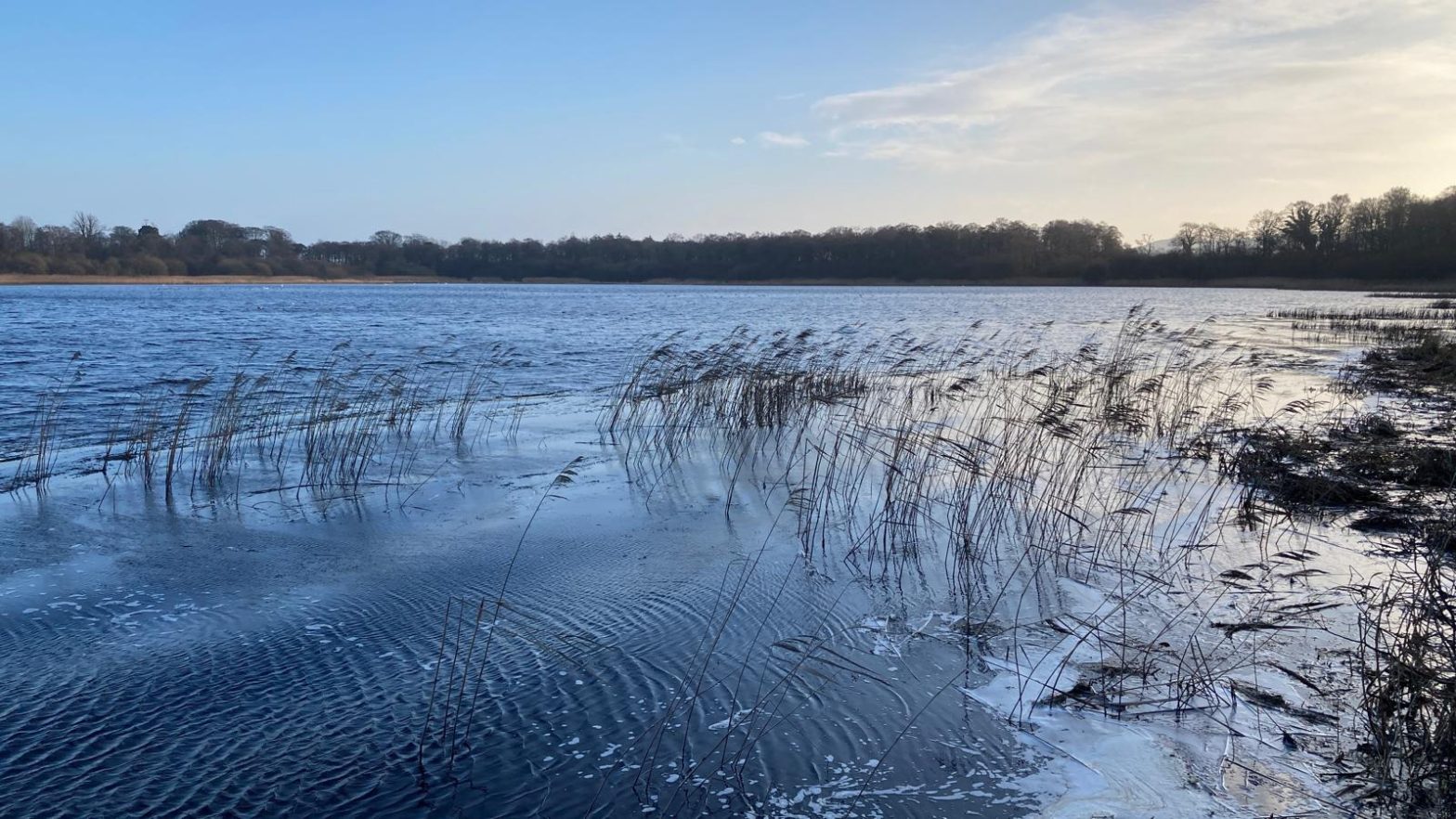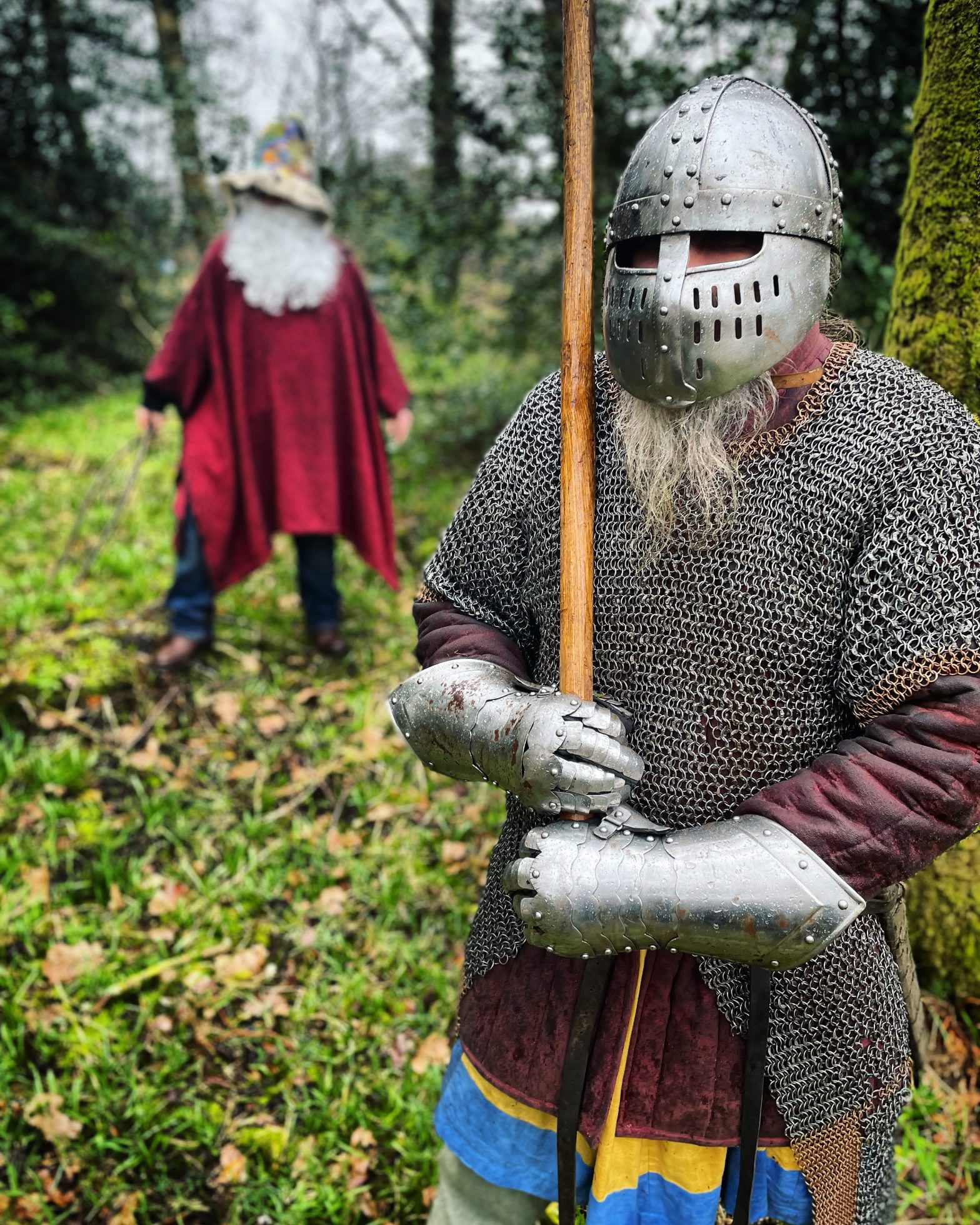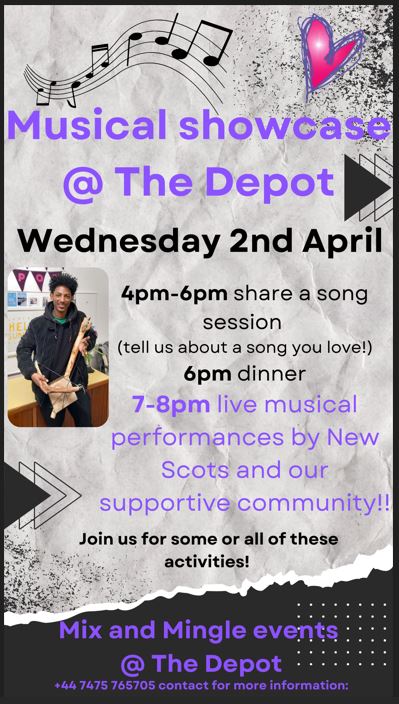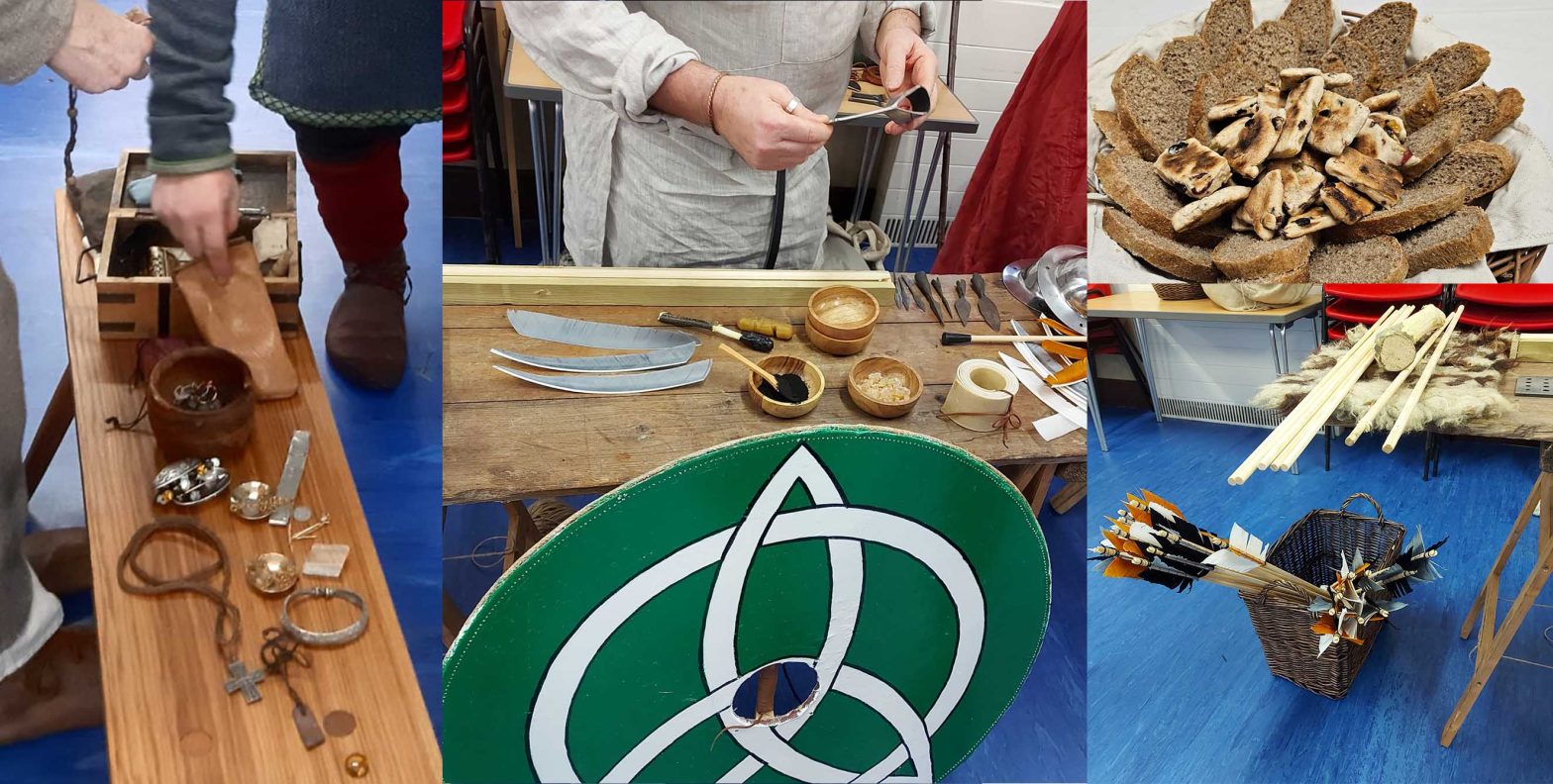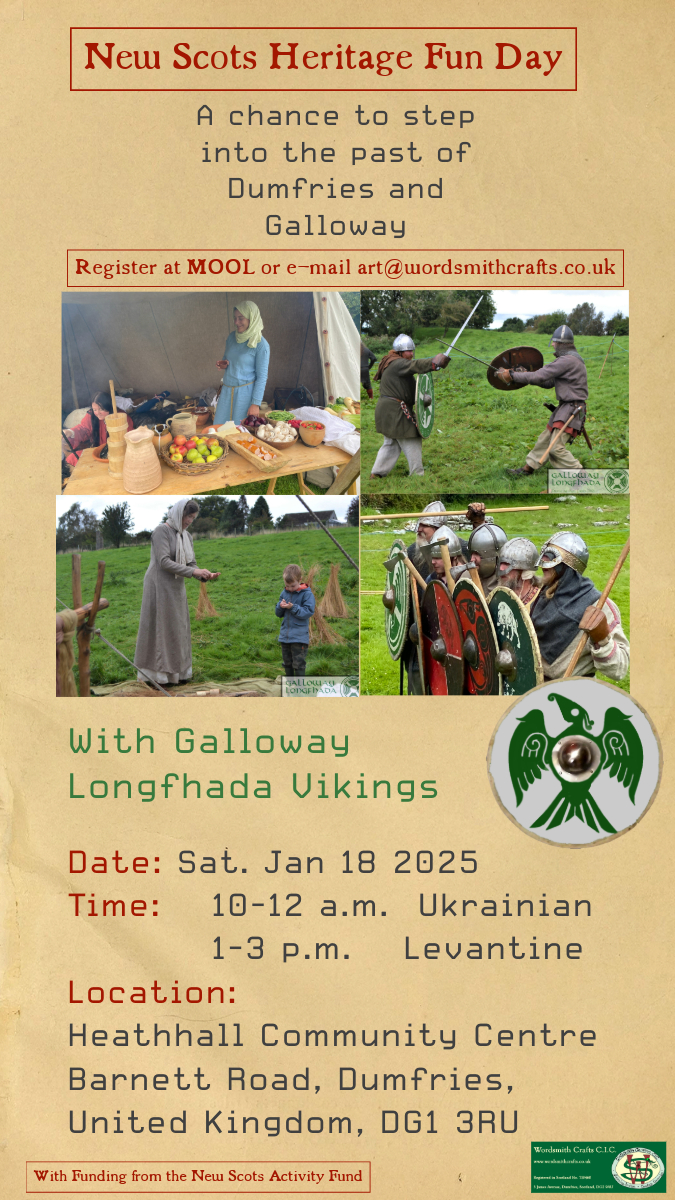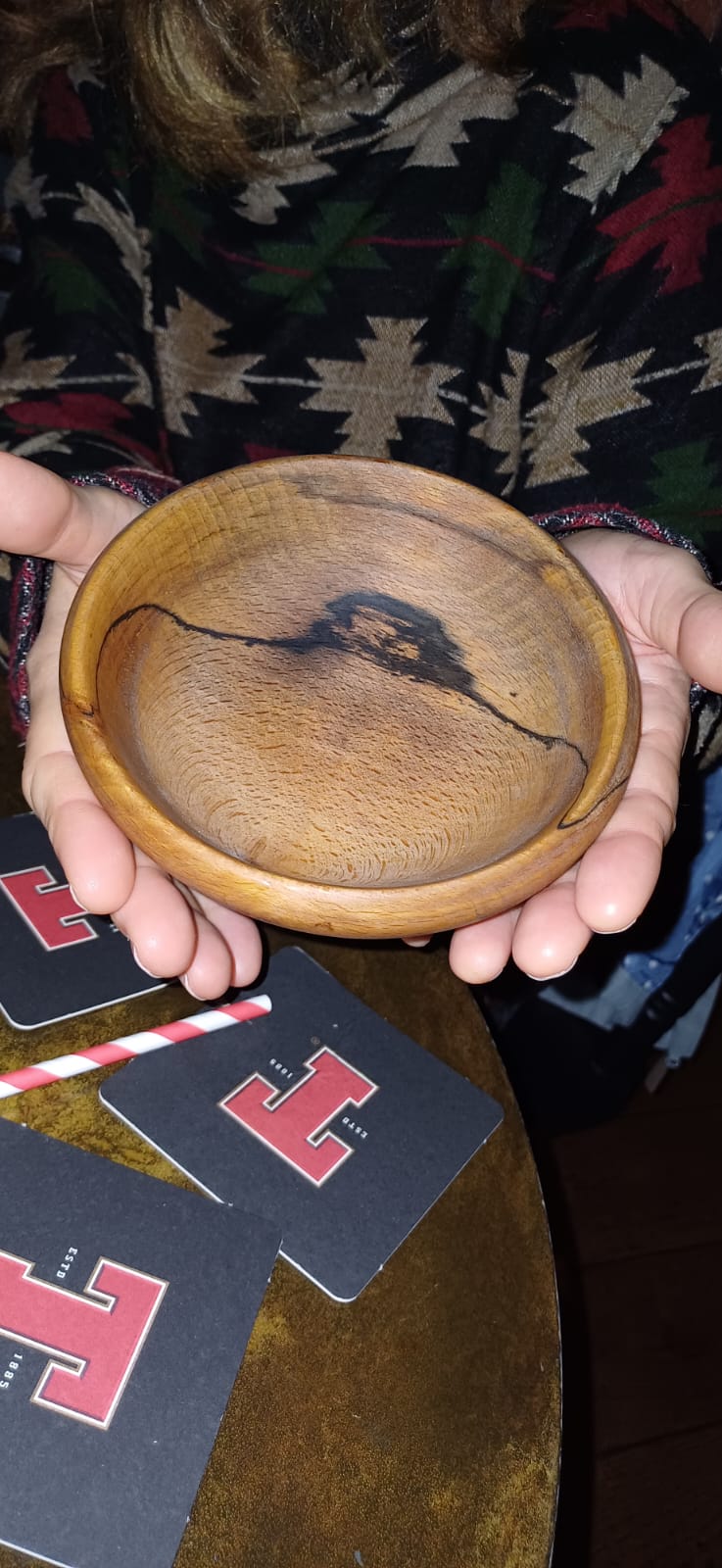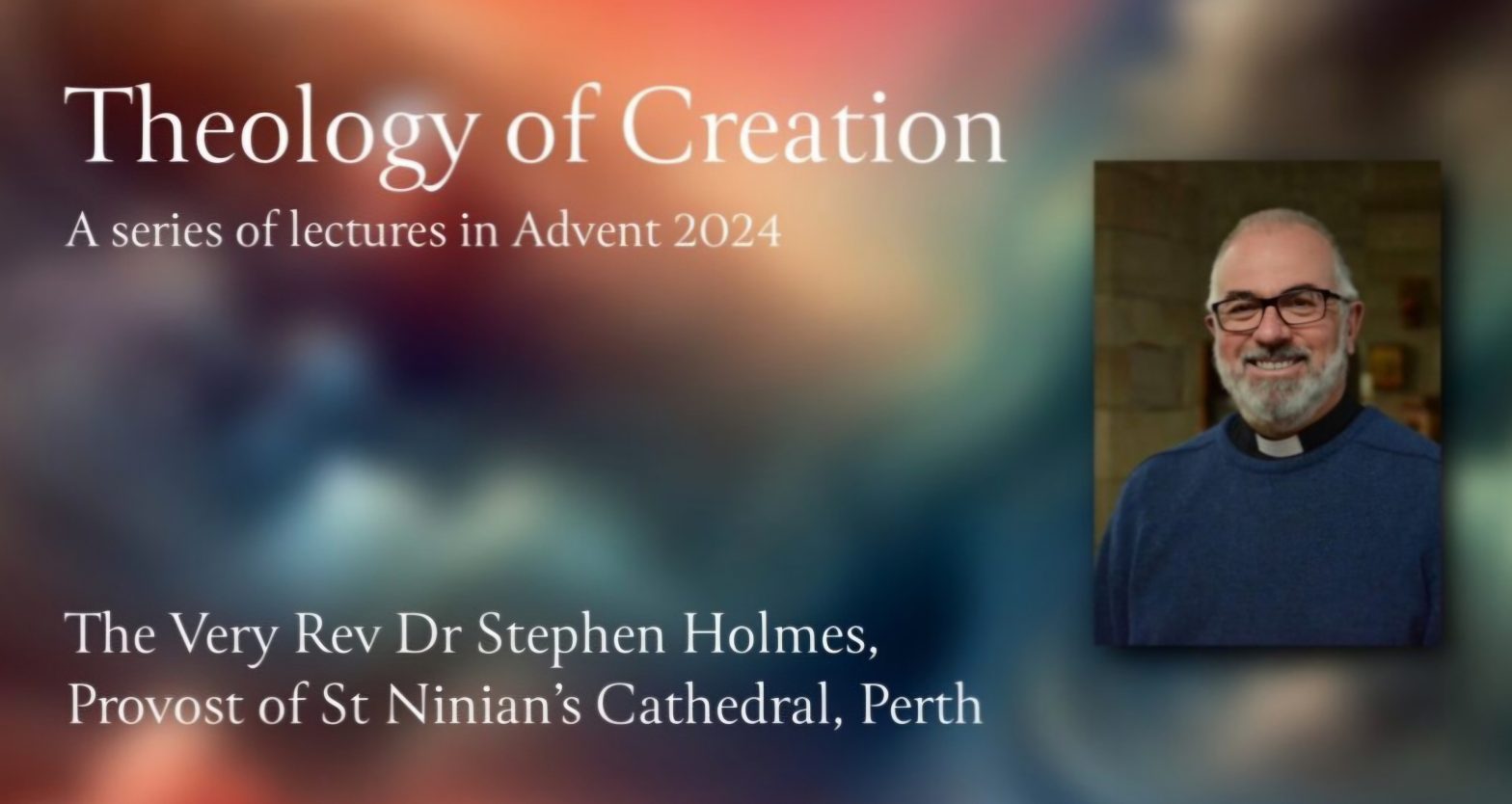This looked like an interesting idea Home
News
Creative Caerlaverock
Over the last few years we have been supporting Creative Caerlaverock. This has involved costumed storytelling of course, but also helping D&D players make their table top dreams become hands on experiences; interpreting the spiritual heritage of a castle that was built on monastery lands; and working with Summerhill young people to help them communicate… Continue reading Creative Caerlaverock
summer 2025
During the summer WSC activities are in full flow out doors! There is a lot less online activity. So here is a sample of what we have been up to. (from 2024 on the Isle of Mann, but many shows this year!) some metal casting for Quartz and of course, some smithing.
New Scots New Music
One of the unexpected outcomes from the New Scots Heritage Fun Day Wordsmith Crafts arranged was the birth of a new musical instrument. The New Scots had lots of interesting discussions with Galloway Longfhada Vikings. Because many of the “Vikings” are crafters, and because they use primitive materials and techniques, there is a lot to… Continue reading New Scots New Music
Old Scots – New Scots
A grant from the New Scots Activity fund made it possible for us to arrange a day where new scots could travel back in time and meet the Viking era inhabitants of Scotland. We arranged transport and language support to help them make the most of this experience. Volunteers from “Galloway Longfhada Vikings” provided characters… Continue reading Old Scots – New Scots
Viking Era Life
Some links to help communicate When the New Scots visit the hall they will be able to walk around living museum, complete with sheep! Galloway Longfhada members will be wearing the clothes from 1000 years ago, and using replica tools to do everyday tasks. عندما يزور الاسكتلنديون الجدد القاعة، سيتمكنون من التجول في المتحف الحي،… Continue reading Viking Era Life
Heritage Day
New Scots Heritage Fun Day Minibus times leave MOOL 9.30am get to Heathhall 10am return to MOOL leaves at 12.00 leave Mercure 12.30 am get to Heathhall 13.00 return to Mercure leaves at 15.00 Or find your own transport to: Heathhall Community Centre, Barnett Road, Heathhall, Dumfries and Galloway DG1 3RU День розваг, присвячений спадщині Шотландії, для… Continue reading Heritage Day
Chopping logs to boards
Recently we were given some logs to turn into things. The exact use was not specified. So far though we have made chopping boards and turned bowls. We are using hand tool techniques, partly because we don’t have big machines. But also because there is a satisfaction in making things by hand. The next “Making… Continue reading Chopping logs to boards
Merry Christmas
Have courage, be valiant, find mirth. May your faith take you places that challenge your beliefs, amd give you the strength to transform with mirth.
Theology of Creation
A short course in the run up to Christmas. Watch it online, with some questions to help you reflect on the content. The latest in the series of online short courses provided by the Scottish Episcopal Institute will take place throughout Advent, looking at Creation Theology. The course, led by the Very Rev Stephen Holmes,… Continue reading Theology of Creation
